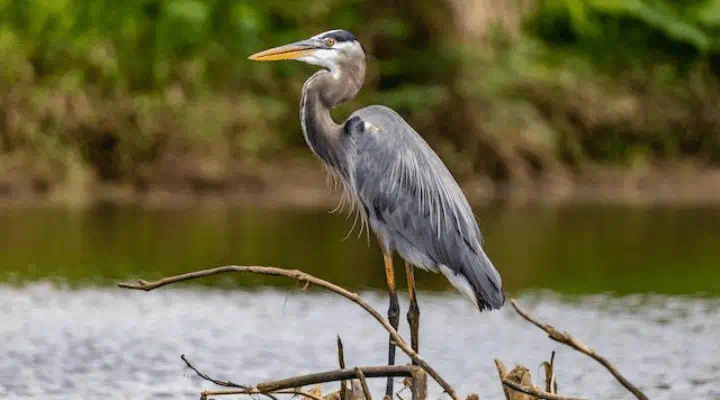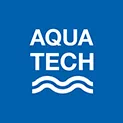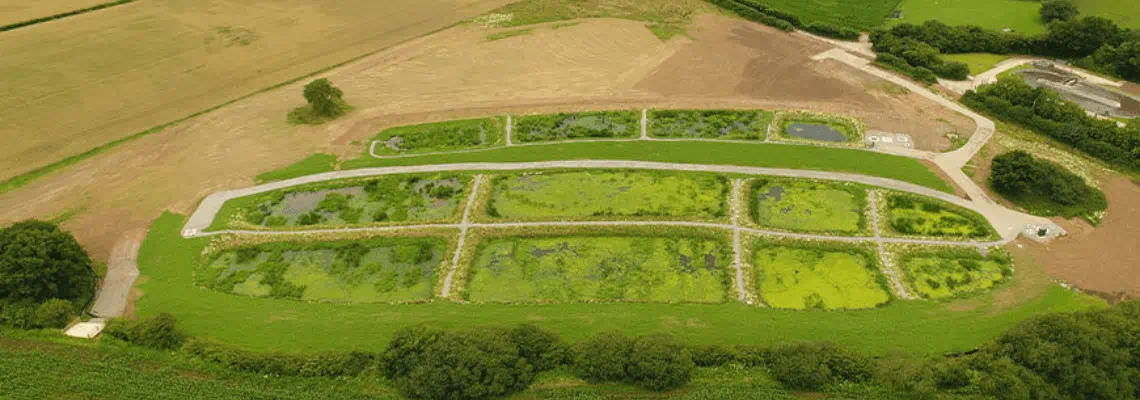With global water scarcity on the rise, the water industry is looking towards sustainable engineering practices for solutions. Instead of relying solely on traditional infrastructure like concrete-based projects, the industry is exploring nature-based solutions (NBS). We look at four nature-based solutions being implemented by water companies across the UK.
Wastewater discharge treatment - Wessex water
Wessex Water is in the second year of its wetlands project to manage and treat wastewater discharge at its Cromhall Water Recycling Centre in South Gloucestershire.
The project was designed to remove phosphorus from sewage effluent and assess how the wetland removed nutrients, organic pollutants and chemicals and delivered biodiversity enhancement following its construction.
“Wetlands also help to effectively remove microplastics.”
Findings after the first year revealed that such a wetland can keep the concentration of phosphorus in effluent within permitted limits. Further ongoing academic research demonstrates that the wetlands also help to effectively remove microplastics and more than 70 per cent of some compounds from the water, as well as reducing the bacteria being released into the environment by more than 95 per cent.
Also among the findings on water quality were a 27.5 per cent reduction in total phosphorus as well as a 62 per cent reduction in ammonia and more than 60 per cent in nitrogen. The investigation also determined a 111 per cent increase in biodiversity value, with the projected increase expected to continue significantly over a 30-year period.
Speaking to Aquatech Online, Wessex Water said that nature-based solutions are a key part of its future plans.
“As well as an alternative to chemical dosing, wetlands and reedbeds are being explored at several rural sites where infiltration of groundwater into the sewer network leads to storm overflow discharges,” the spokesman said.
“After primary treatment at water recycling centres, a nature-based solution provides sufficient biological treatment to ensure there is no environmental impact from overflows.
“It is vital that regulators support these schemes to help reduce carbon impacts, minimise bill rises for customers and greatly improve river water quality,” the spokesman concluded.
Water net gain project - South West Water
South West Water has received £1 million in funding to deliver its water net gain project in partnership with Westcountry Rivers.
Water Net Gain is a catchment-scale approach where farmers are paid to store water on their land. Restoring natural sponges, like healthy soils, woodlands and wetlands, can passively contribute water to summer base flows, but the creation of additional smart ponds and lakes, can be used for farm demand management or active releasing flows during droughts.
The impact of this distributive ecologically connected water bank, released to the river during droughts, dilutes residual pollution not managed through current agricultural water quality incentivisation schemes.
Alongside water purification, water retention solutions, like this one, are designed to provide additional flood protection and aquatic biodiversity benefits.
“These ecologically connected and distributive ‘smart ponds’ would enhance water retention on land, charging during the winter, and enabling farmers during times of summer drought to either use the water for on-farm needs, thereby alleviating demand on the mains supply, or to sell to recharge our rivers via water companies adding to the water supply grid,” said Dr Laurence Cauldrick, CEO at Westcountry Rivers Trust.
Bipolymer recovery project - United Utilities
North West water company, United Utilities, has launched an £8.9 million national programme to bring more nature-based solutions into the water sector in partnership with The Rivers Trust, Jacobs, Mott MacDonald and partners from across the water industry and other sectors.
The five-year programme will put a wide range of nature-based solutions including wetlands, Sustainable Drainage Systems, peatland restoration and the recovery of bipolymers to the test, to demonstrate how they can be used to make the water environment more resilient to climate change and other pressures.
“The production of biopolymers from wastewater and sludge opens up opportunities to realise several routes to circular economies.”
“Natural solutions such as wetlands and peatland restoration have wide-reaching benefits, not only to improve water quality but also in slowing the flow of rainwater to help prevent flooding and providing important habitats for wildlife,” said Kieran Brocklebank, head of innovation at United Utilities.
The water company has earmarked £6.1 million of funding for its bipolymer project. In partnership with Royal HaskloningDHV, Cellvation, AquaMinerals, Cranfield University, Yara, Glasgow Caledonian University, Severn Trent Water and South West Water the project will explore opportunities for the recovery of biopolymers for other industrial uses.

These organic materials are produced naturally by bacteria in wastewater treatment and if they can be extracted they could be used instead of other chemicals for a range of industrial processes such as agricultural fertilisers and alternative wastewater treatment chemicals.
The production and marketing of biopolymers from wastewater and sludge opens up opportunities to realise several routes to circular economies, the company added. It will also support the industry in achieving Net Zero Carbon by 2030 by reducing the need for manufactured polymers which are used in daily operational activities.
Wetlands for wastewater - Southern Water
Southern Water is developing itss wastewater treatment works in Staplefield to make use of a neighbouring field to create special areas of wetlands. The shallow water and water tolerant plants of the wetland provide a unique filtration system, so that effluent leaving the works can be fed through it, before going back into rivers and seas.
Ensuring the treated effluent is clean enough to discharge into rivers and the sea has been challenging and costly, according the water company. The methods used to remove phosphorus and other substances often required adding further treatment processes or using ferric dosing.
“Wetlands support about 10 percent of all the wildlife species we have in the UK.”
Southern Water added the new nature-based solution is natural and low carbon and will benefit the environment and the community.
“As a process scientist/engineer working on lots of water and wastewater projects, I can see that using innovative and nature-based solutions like this one really is the future - and it’s the right thing to do,” said Cecile Stanford, asset strategy lead at Southern Water.
“The wetlands support about 10 percent of all the wildlife species we have in the UK, including birds and plants, so creating a wetland habitat will be good for nature and that means it’s good for our local communities too.”







